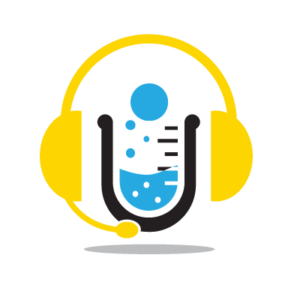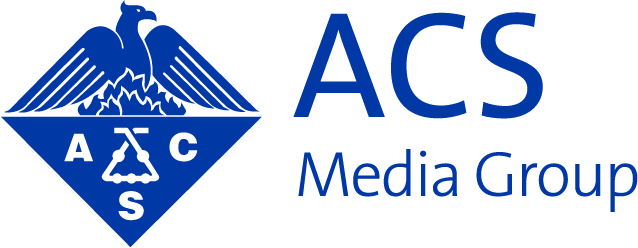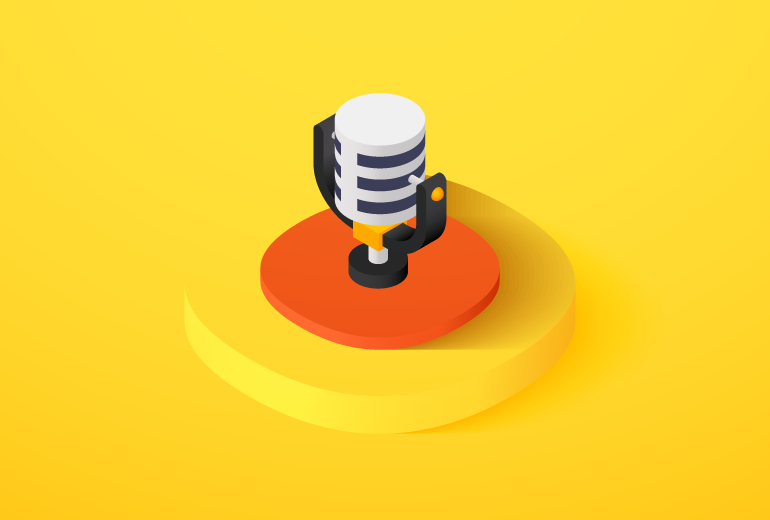As podcasting regains popularity and storytelling becomes more and more important for brands, the platform is proving to be a useful tool to reach audiences. Your customers can learn various skills and tips on their own time, often while multi-tasking, which is a large part of the appeal for listeners.
The American Chemical Society recently hosted podcasters Sarah Crespi, the Senior Multimedia Producer at Science and host of the Science Magazine Podcast, and Amanda McLoughlin, co-host and producer of Spirits, a podcast about mythology, legends and lore. They shared with us their tips for successful podcasts, and we synthesized their advice for the marketer thinking about starting their own series.
So if your company has been considering a podcast as a marketing tool but hasn’t been sure how to start, here are 10 tips we learned from the experts:
1. Invest in audio equipment. Podcasts are solely audio files. If you don’t have good microphones or editing software, your podcast is going to be very difficult to listen to. Make sure you’re producing high quality audio.
2. Have a back up. If you have guests on your show and they aren’t in the studio with you, make sure you ask them to record the conversation on their end, too. This will help with the editing process because you will have clear audio from both speakers, – and if something happens to your own audio, there will be another version to rely on.
3. Have a unique take on something you understand. If you’re struggling to come up with a topic, stick to what you know. That being said, don’t repeat what’s already out in the world. Find an angle you can take that hasn’t been done before to give people a reason to listen to your show.
4. Know your audience. Hand in hand with tip #3: Make content for your listeners. It will keep them loyal and make them more likely to share your content with friends. If you try to make your content more general to appeal to a wider audience, it may backfire and cause you to lose your current listeners – and without gaining new ones.
5. Always convey information. And tell a good story. – begin your point with an anecdote. Make it part of a bigger lesson or overall tip. People are coming to your podcast to learn something, so use your platform to convey useful information to keep people coming back. But keep in mind an anecdote could be a good way to keep your audience engaged, but should not carry the podcast.
6. Have good pacing. Don’t try to talk too fast or slow to meet time requirements. Keep your pace natural and conversational. Also pay attention to the pace of the topic itself. Make sure there are transitions between ideas and that they are flowing naturally from one component to the next.
7. Be engaging. Easier said than done. In podcasting, the important thing to remember here is to have a conversational tone, but be enthusiastic about your subject. Unlike videos, podcasts don’t have visual aspects, so your voice is carrying the show. Allow your personality to shine through.
8. Duration matters. Most people don’t want to listen to something that’s an hour long – and often, as our speakers argued, your podcast really does not need to be an hour anyways. Be generous when editing your material. Remember to “kill your darlings,” – meaning have someone else listen to your draft and tell you what can be cut. You may be too close to the episode to do it yourself.
9. Release transcripts. If you upload your podcasts to YouTube, it will automatically generate transcripts, but not every platform has this capability. Transcripts are useful for people who are skimming your content, want to cite it, or are deaf or hard of hearing but are interested in your show.
10. Be regular. The most important thing when starting a podcast is to keep it regular, so have at least three episode ideas ready to go before you execute your first one. Even if you have a great start, if you wait six months to release your next episode, you’ve already lost your listeners. Create a publishing schedule and stick to it. This is also the point to make if you’re tasked to create a podcast, but your team simply isn’t ready yet. If you don’t have the resources to be consistent, it’s reason enough to hold off.
Building the Business Model
The tips above will help you with your audience, but our speakers also relayed advice and best practices on the business model.
Do you need advertisers to sign on before you can launch your series? Acquiring advertisers is usually a difficult task, because an advertiser likes to see that you have an audience – and a growing one at that. Our speaker said the magic number tends to be about 10,000 monthly subscribers before sponsors start to take interest.
 In your outreach, remember it’s important to find sponsors interested in your audience, so both you and the sponsor are advertising to the right people. Podcasting is storytelling in all forms, and more often than not, that applies to the ads your listeners will be hearing as well. If it’s not a story that’s relevant to the show they’re currently listening to, it may not be as successful as you – and your sponsor – needs.
In your outreach, remember it’s important to find sponsors interested in your audience, so both you and the sponsor are advertising to the right people. Podcasting is storytelling in all forms, and more often than not, that applies to the ads your listeners will be hearing as well. If it’s not a story that’s relevant to the show they’re currently listening to, it may not be as successful as you – and your sponsor – needs.
Outside of sponsorship, you can offer your podcast as a paid subscription, and then offer perks. You can release episodes early to paying members, record mini episodes to be released between the regular ones, or release a director’s commentary version where you walk through certain decisions or processes.
If you’re having trouble finding sponsors, try sites like Midroll or Advertisecast that find them for you.
Learn by Example
Many companies have podcasts, and they all have their own takes. General Electric has a podcast called The Message, which tells a fictional story of someone trying to decode a 70-year-old message from aliens. Microsoft has two approaches to podcasting. In 2013, Microsoft launched a podcast called Microsoft Cloud Show to keep listeners updated on everything going on with Microsoft 360 products – and it still airs today. The other, .future, isn’t focused on specific products, but touches on tangential themes and trends, such as digital health or privacy.
If used correctly, podcasts can be great marketing tools. They can offer different insights on companies or teach people tricks of the trade. Even if you’re just testing the waters, you should still have a strategy in order to ensure your success, – and build real relationships with your audience.
About the Author: Maya Pottiger is a Marketing and Publications intern with the American Chemical Society and the ACS Media Group. She earned her Bachelor of Arts in journalism and a minor in French from the University of Maryland. She aspires to be a political journalist in Washington, D.C.


















